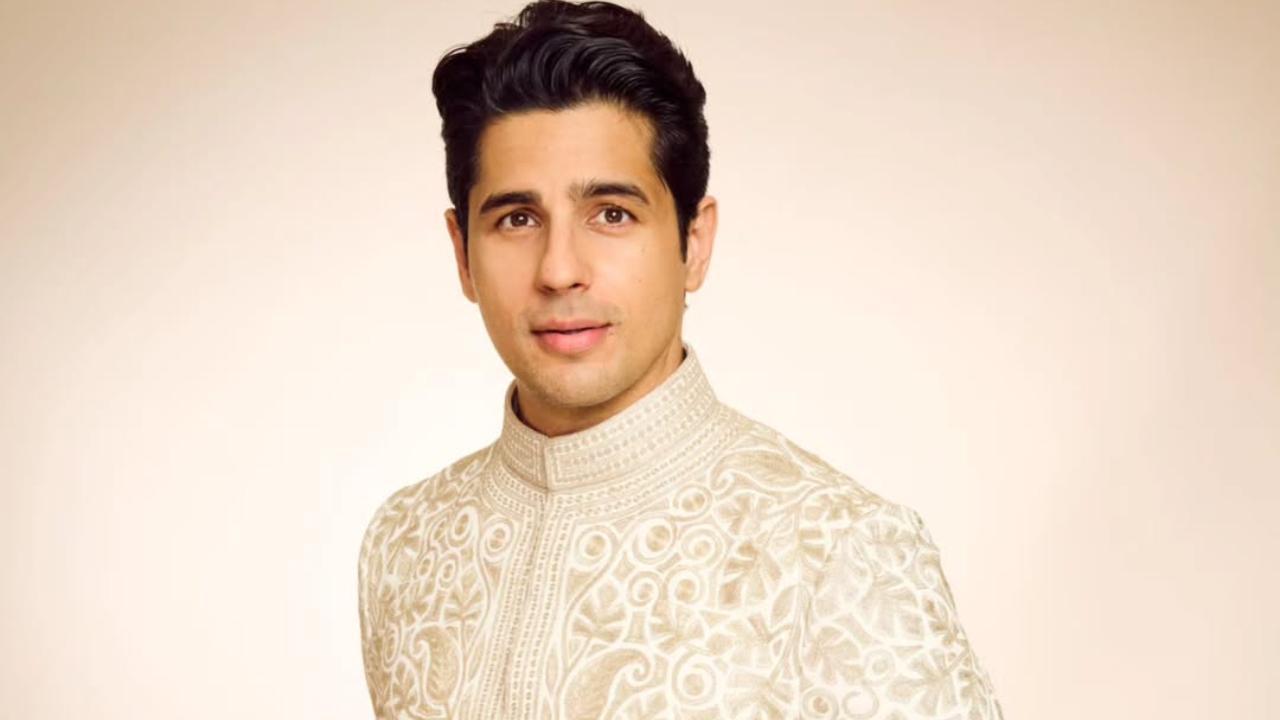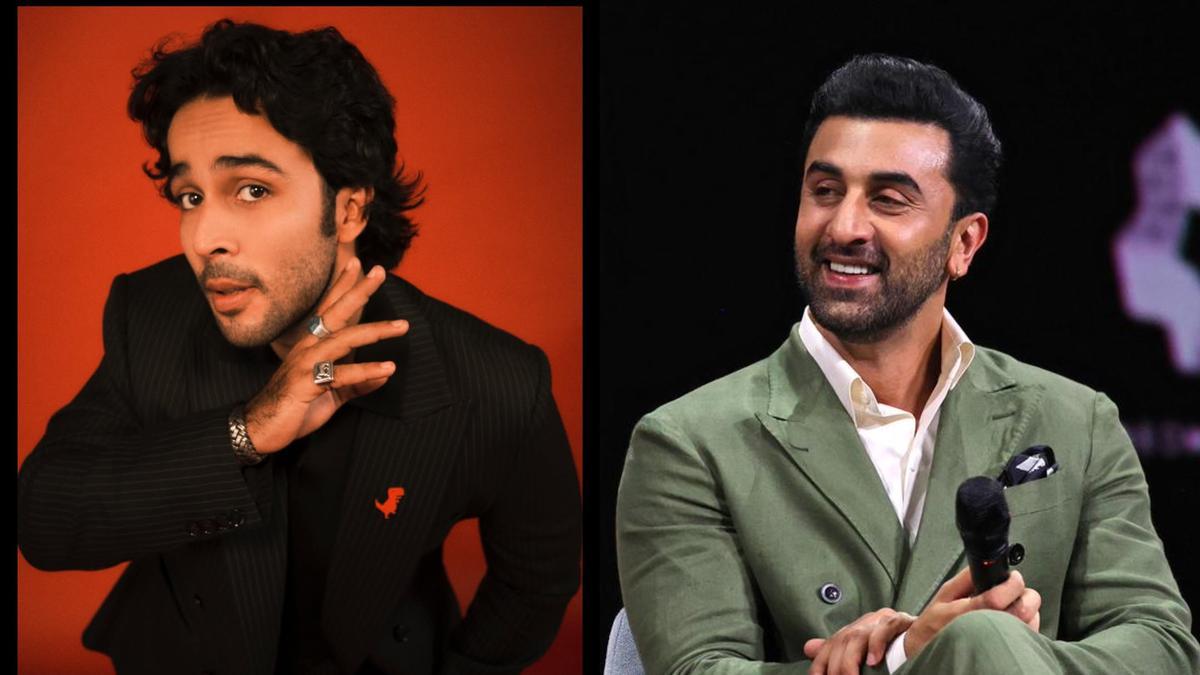
“It feels as if the creators of ‘Jigra’ embarked on filming with a script that remained incomplete. It seems that at some point during production, when the question arose of what should follow next, the filmmakers whimsically concluded, ‘In the second half, just guns and bombs!’
‘Jigra’
Film: Jigra
Rating: 2/5
Director: Vasan Bala
Cast: Alia Bhatt, Vedang Raina
Genre: Action, Thriller
It’s hardly an innovative revelation to point out that very few scripts have the durability to maintain momentum equally through a film’s second half. In fact, most begin with promise but gradually lose their vigor as the novelty of the world they create starts to fade. Often, it’s because few scripts determine the end first and work backward, a technique that director-writer Zoya Akhtar frequently employs in her filmmaking approach. ‘Jigra’ ends with elements typical of its genre, specifically, a prison break scenario. Yet, the entirety of its second half unfolds like an endless climax, with music curated as a soundtrack for various moods straining to keep the screen compelling. One might ponder how much can feasibly be set up to justify a payoff that feels like it drags on indefinitely. Hence, it feels as though the creators shot a script that was unfinished, stalling at some point and then, when pressed about what follows next, they simply affirmed, ‘The second half, just guns, bombs!’
Why does ‘Jigra’ incite such disappointment? Particularly when this phenomenon is so common? Well, it largely springs from how, as an audience member, I was earnestly rooting for the film. Not solely prior to its release, but well into a good hour of the movie itself. The sights and sounds were engaging, mysteries within this universe were gradually unravelled, and therein lay hope for captivating storytelling.
The film presents some masterfully executed transition shots—from a cigar to fireworks, glasses morphing into skyscrapers—and presents a tender scene where fingers of an inmate and a visitor touch through a prison window gap. The film nods to cinematic references, acknowledging the likes of Robert Rodriguez on the phone, with prisoners channeling energies reminiscent of Wong Kar-wai or Kim Ki-duk. Actor Manoj Pahwa even dons a t-shirt referencing his early cult film ‘Urf Professor’, alongside further nods to ‘Zanjeer’, ‘Agneepath’, ‘Hare Rama Hare Krishna’, and others. Such Easter eggs warm movie enthusiasts to a cinematic world being developed, aligning it with the Sriram Raghavan arena that keeps viewers alert. But ultimately, to what end?
Directed by Vasan Bala, known for his work in ‘Mard Ko Dard Nahi Hota’ and ‘Monica, O My Darling’, ‘Jigra’ was anticipated with excitement given Bala’s past body of work. This film features Alia Bhatt, an actress who radiates main-character energy regardless of the situation.
. But where exactly does ‘Jigra’ place this narrative?
The fictional setting is a blend reminiscent of Singapore’s stringent laws, where possession of drugs could lead to a death penalty, and linguistic nuances like ‘lah’ are an indication of Singlish. Although the film places itself in a fictional city-state—possibly Hanshi Dao—it borrows its chaotic street charm from cities like Jakarta or Bangkok. Hence, the setting remains unmistakably ‘abroad,’ with an Indian man facing a capital punishment charge for a minuscule cocaine possession.
Imagine, then, how ‘Jigra’ parallels an episode from the celebrated documentary series ‘Banged Up Abroad’ (2007) rather than another film like Mahesh Bhatt’s ‘Naam’ (1986), where involvement with the underworld propels the plot. The male protagonist, Vedang Raina (known for ‘The Archies’), has a sister ready to save him. This is Alia Bhatt—inspired by the successes of ‘Heart of Stone’ and ‘Gangubai Kathiawadi’—portraying a fierce character fighting against all odds. Ordinarily, one might not envision the petite Bhatt in an action-packed saga, but it’s all about the attitude over physique—creatively channeling the iconic imagery of Amitabh Bachchan overpowering villains like Bob Cristo.
In her protective role, Bhatt is formidable, flipping the typical ‘rakhee’ dynamic between siblings. Nevertheless, the sibling connection feels more described than genuinely felt, punctuated by opening scenes where their father’s suicide becomes a recurring visual in the narrative. The plot that follows focuses largely within an East Asian prison context, a usual setting for ‘desi’ characters in Indian cinema, just to ensure conversation in Hindi.
Villainy in the prison is enacted by Vivek Gomber as the jailer, disrupting expectations by speaking only English. He persistently appears throughout, elusive of demise, as the film drifts away from its origin in Bombay and Singapore towards realms akin to a Michael Bay blockbuster.
As a viewer, I found myself intermittently seeking knowledge from my phone—attempting to understand atypical elements such as the ‘Hope experiment with rats’ suggested in dialogue, explaining an instinct where rats, fueled by hope, refuse to drown. This leaned on symbolism also associated with Alia Bhatt’s character. Despite wanting to support Bhatt’s role, maintaining interest with the film’s overly explosive nature was tough. If you’re equipped with the jigra, or ‘courage’, perhaps you can decipher its perplexing proposition.










